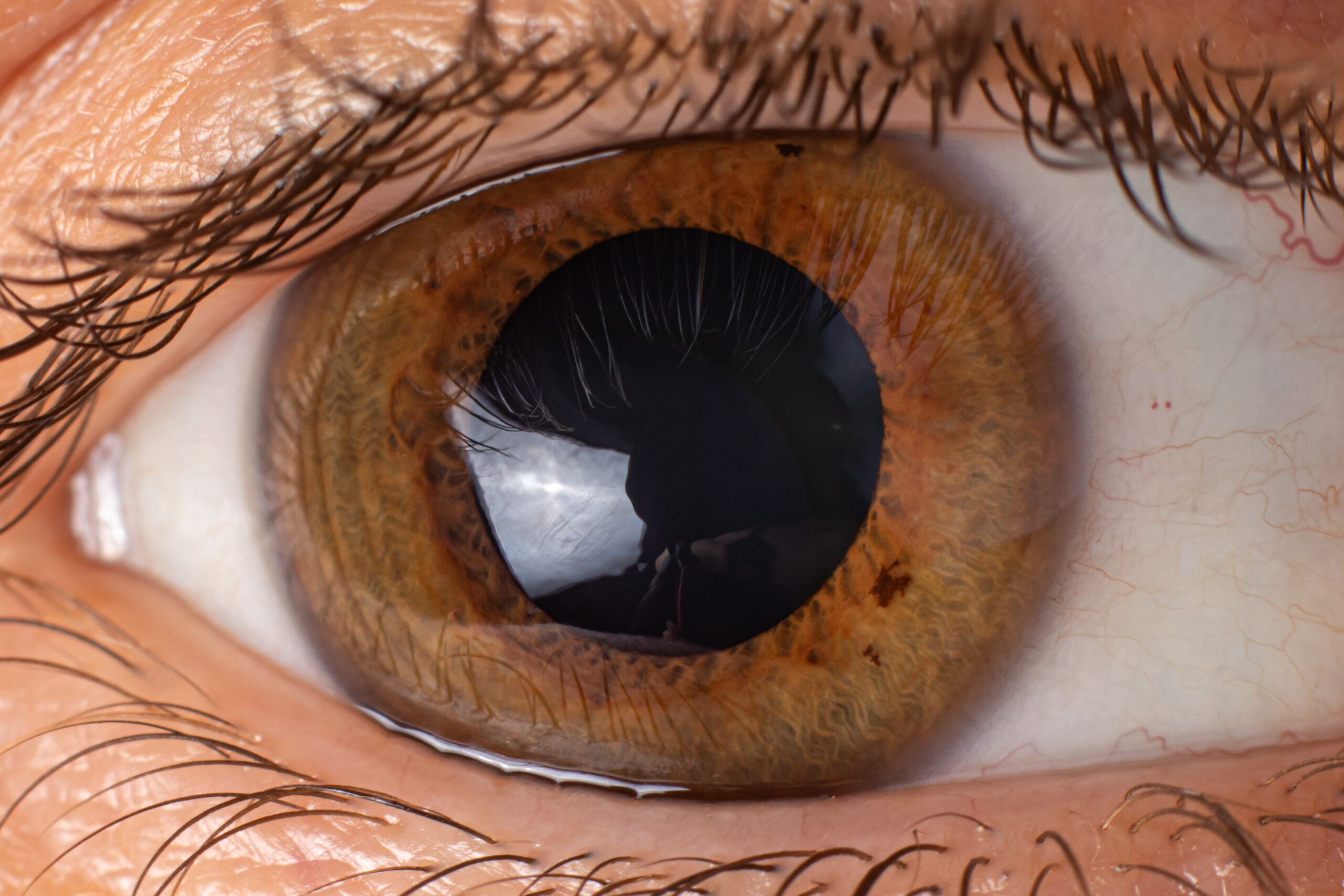What You Should Know About Corneal Transplant Surgeryin Boston, MA

Corneal transplant surgery is one of the main transplant surgeries performed in the United States. The surgery’s success rate is extremely high. As a matter of fact, the National Keratoconus Foundation stated that each year, nearly 50,000 people have corneal transplants, and 95% of those surgeries resulted in restored sight. Continue reading to learn about corneal transplant surgery.
What is the Cornea?
The cornea exists on the front of the eye, and it is a clear lens. It has several layers that focus light so that you can see clearly. Sometimes, the cornea becomes damaged by injury or disease, and this causes your vision to be clouded. It may also be painful.
Corneal Transplant
When you have a corneal transplant, your surgeon removes the damaged cornea and replaces it with a cornea from a donor. After the transplant, you will have less clouding of your vision and less pain.
Your surgeon may also repair a damaged cornea with medication, laser treatment or a less invasive remedy, but you will need a corneal transplant if you are not eligible for these treatments.
The type of corneal transplant you will need will depend on the amount of damage to your cornea. The first type is the “traditional penetrating keratoplasty” or PK. This procedure replaces your entire cornea. The second is “endothelial keratoplasty” or EK. With the EK, your surgeon only replaces the inner layer of the cornea.
What Are the Risks and Complications of Corneal Transplant Surgery?
These surgeries are like all other surgeries. They have a risk that you could contract an infection or experience hemorrhaging. The main thing that we have to worry about is your body rejecting the donated cornea. This is when your immune system recognizes the transplanted material as a foreign object and starts to fight it. By closely monitoring a patient after a corneal transplant surgery, the physician can manage any signs of rejection by administering eye drops or oral medications.
What Happens After Corneal Transplant Surgery?
Before the procedure, your technician gives you anesthesia and a sedative. This will make it so that you do not experience any pain during the surgery. After the anesthesia wears off, you will be able to go home. You will keep an eye patch over the eye so that it is safe and remains clean.
Your physician will give you eye drops and medication that will prevent your body from rejecting the donated tissue and guard against infection. Your physician will monitor you closely, so if you experience any pain or bleeding, make sure to let him or her know.
Healing time depends on the type of corneal transplant surgery you have. Sometimes, it takes as long as a year for an eye to fully heal. Most people enjoy good vision after they have a corneal transplant surgery.
Schedule an Appointment
If you would like to find out if you are a good candidate for corneal transplant surgery or would like to ask questions about this procedure, fill out the short form on our contact page so that we can schedule an appointment for you. At the Nielsen Eye Center, our doctors look forward to hearing from you at the Quincy, Norwell, Weymouth and Norwood, MA locations.



